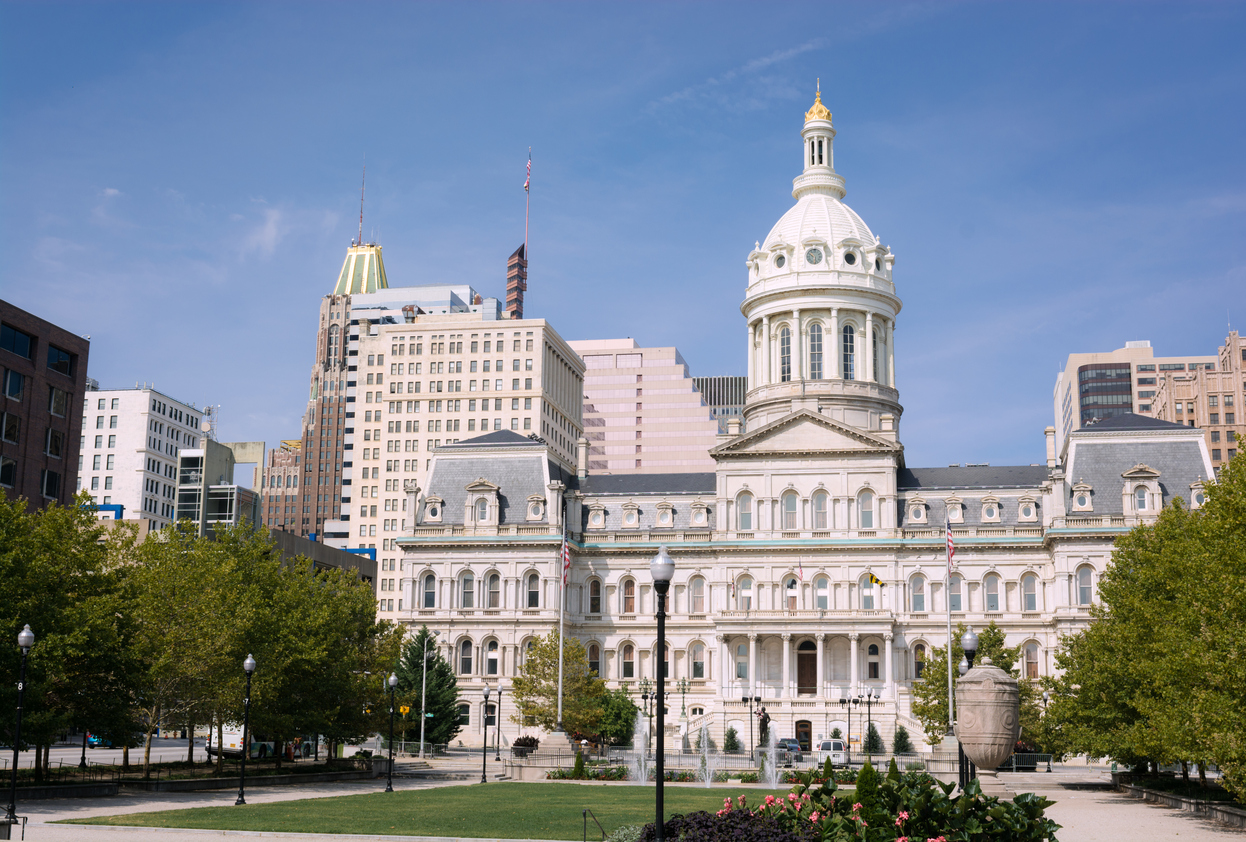
‘The Wire’ Is Finished, but Baltimore Still Bleeds
Originally published in the Wall Street Journal
Baltimore rang in the New Year with crime-scene tape and blood stains. Although 2019’s murder toll isn’t final yet, the city hit a 25-year high with 348 killings. In 1993, when Baltimore notched its all-time high of 353 killings, Charm City had 130,000 more residents than today. In 2020, Baltimore is shrinking as well as being violent and corrupt.
With 58 murders per 100,000 residents in 2019, Baltimore is the deadliest U.S. city with more than 500,000 residents by a wide margin. In 2016, when Chicago had an astoundingly bloody year with 762 homicides, its murder rate was still half of Baltimore’s 2016 rate. Last year, Chicago’s rate fell to a quarter of Baltimore’s.
None of the largest 50 American cities approaches Baltimore’s per capita death toll. It rivals Third World metropolises that are plagued—like Baltimore—by gang wars, corrupt politicians and outmatched law-enforcement agencies. Guatemala, El Salvador and Honduras posted 2019 murder rates of 21.5, 36 and 41.2 per 100,000 residents, respectively. But these countries have all cut their murder tolls in half over the past five years. In contrast, Baltimore’s murder total has climbed 65% since 2014.
While the city of St. Louis—with half as many residents (300,000) as Baltimore and covering an area 24% smaller—tallied slightly more killings per capita, Baltimore’s murder rate has risen more than three times as fast as the Gateway City since 2014. Many similarly-sized American cities like Detroit and Milwaukee face many of the same challenges—racial inequity, poverty and economic decline. What makes Baltimore’s persistent and pervasive violence so unique among its peers?
Start with law enforcement. The Baltimore Police Department is a wreck. It has had five chiefs in four years. The department has 500 fewer officers than it did a decade ago, and arrests have dropped 48% over the past five years. The department is demoralized, denigrated, underfunded, understaffed and undermined at every turn.
During the 2015 riots, then-Mayor Stephanie Rawlings-Blake told police to stand down and give rioters “space to destroy.” The next year the Obama Justice Department released a report slamming Baltimore police as excessively violent and discriminatory and forced the city to sign a consent decree mandating strict oversight and limits on common police tactics like stop, question and frisk.
While the city has become a killing field, the homicide unit is staffed by only 45 detectives who are actively working cases. Those detectives are expected to solve hundreds of nonmurder cases as well. A 2018 study by the BPD acknowledged homicide cops need to be dedicated exclusively to killings and the number of homicide investigators needs to be doubled. The manpower shortage has created a situation in which arrests are made in less than 35% of murder investigations. The department is dealing with more than 1,500 open homicide cases from the past 10 years. Many of the city’s 711 nonfatal shootings in 2019 will also go unsolved.
Just the same, Baltimore’s police have proven themselves to be corrupt, brutal and inept. Last year prosecutors revealed that an elite gun-crime task force was essentially acting as a rogue criminal enterprise. Hundreds of criminal cases have been compromised because of bad behavior on the part of police. As a result, dozens of dangerous criminals will be back on the streets of Baltimore much sooner than anticipated.
Even in cases in which police do make an arrest, their hard work often goes to waste. Despite a soaring homicide rate during her tenure, the State’s Attorney Marilyn Mosby has put fewer killers behind bars annually than her predecessor. Between 2015 and 2018, fewer than 1 in 6 charged murderers in Baltimore earned a prison sentence. Ms. Mosby has lost or dropped 43% of her homicide cases. Most urban prosecutors win 70% of their cases. Worse, Ms. Mosby has allowed 76 convicted killers to accept probation and return to Baltimore’s streets.
Baltimore’s violent-crime epidemic isn’t its only problem. The city suffers from large numbers of vacant houses, massive population flight and economic decline. Less than 15% of its students are proficient in math or English, and City Hall is blighted by official corruption. The highest levels of city government in Baltimore feel like a game of musical chairs in which the losers gets their houses raided by the Federal Bureau of Investigation.
More than a decade ago, David Simon’s gritty portrait of Baltimore in “The Wire” entertained TV audiences. The dysfunction of a great American city should have embarrassed them instead. Since then, Baltimore has only gotten worse. Baltimore has lost its charm. It’s a failed city and the nation’s shame.
Mr. Kennedy is a visiting fellow at the Maryland Public Policy Institute.






